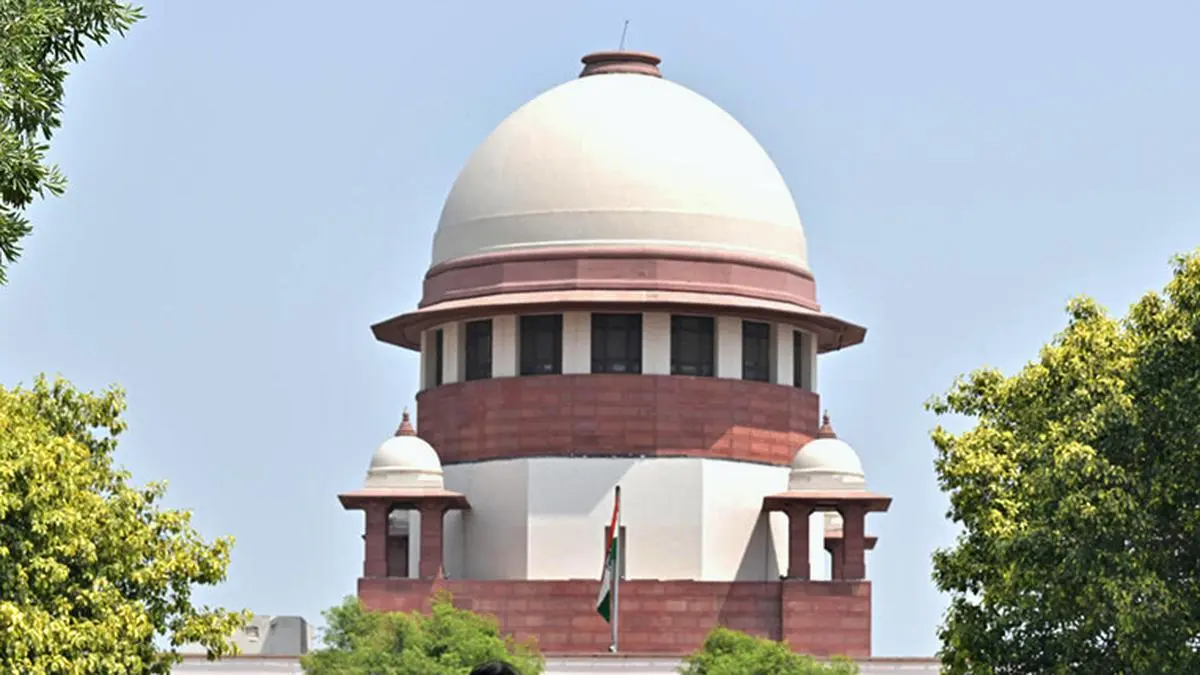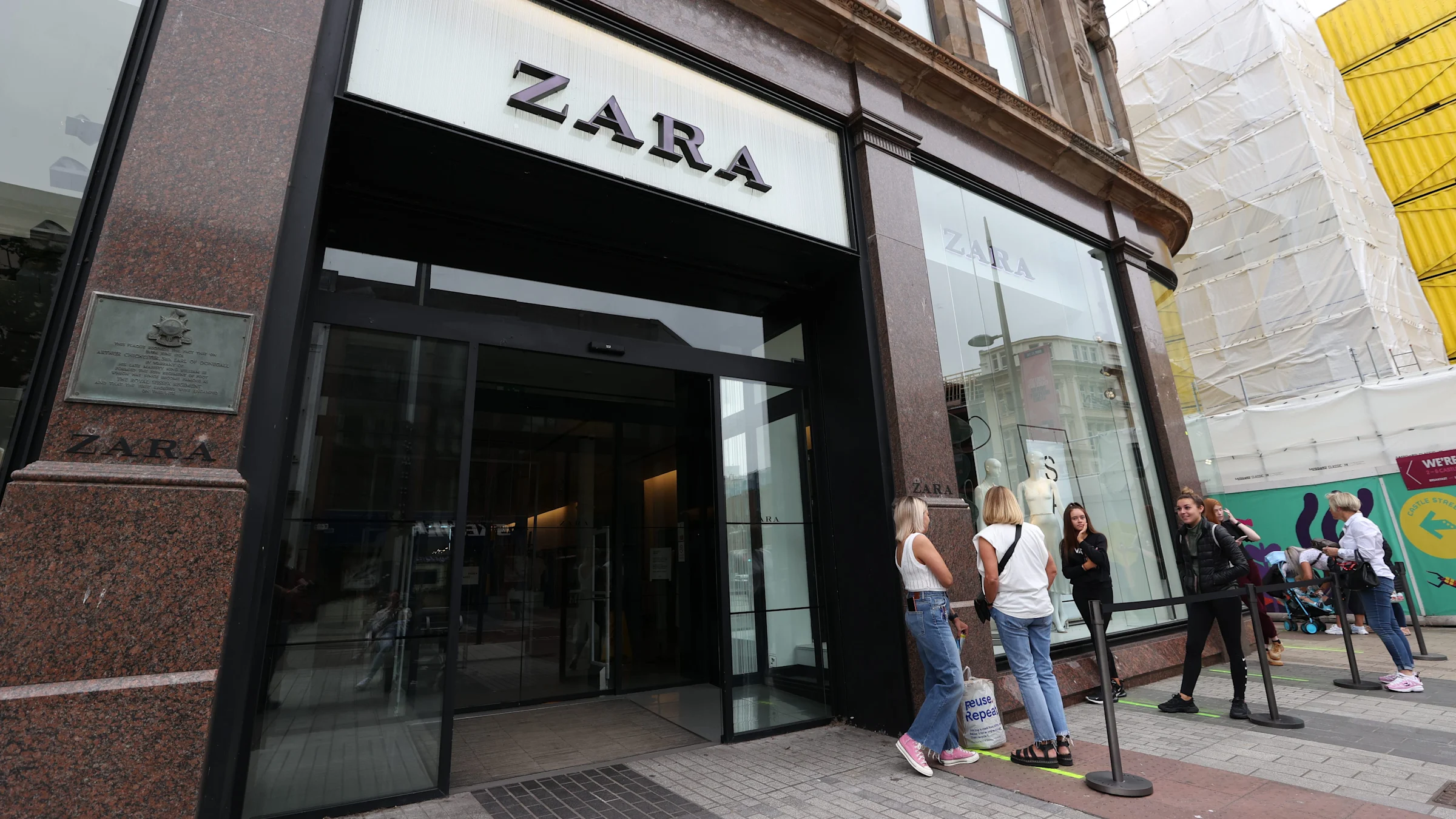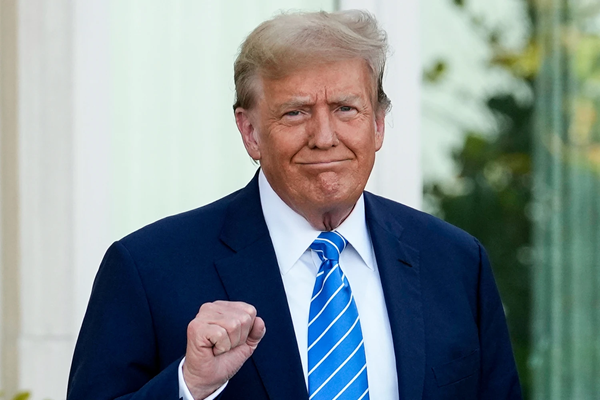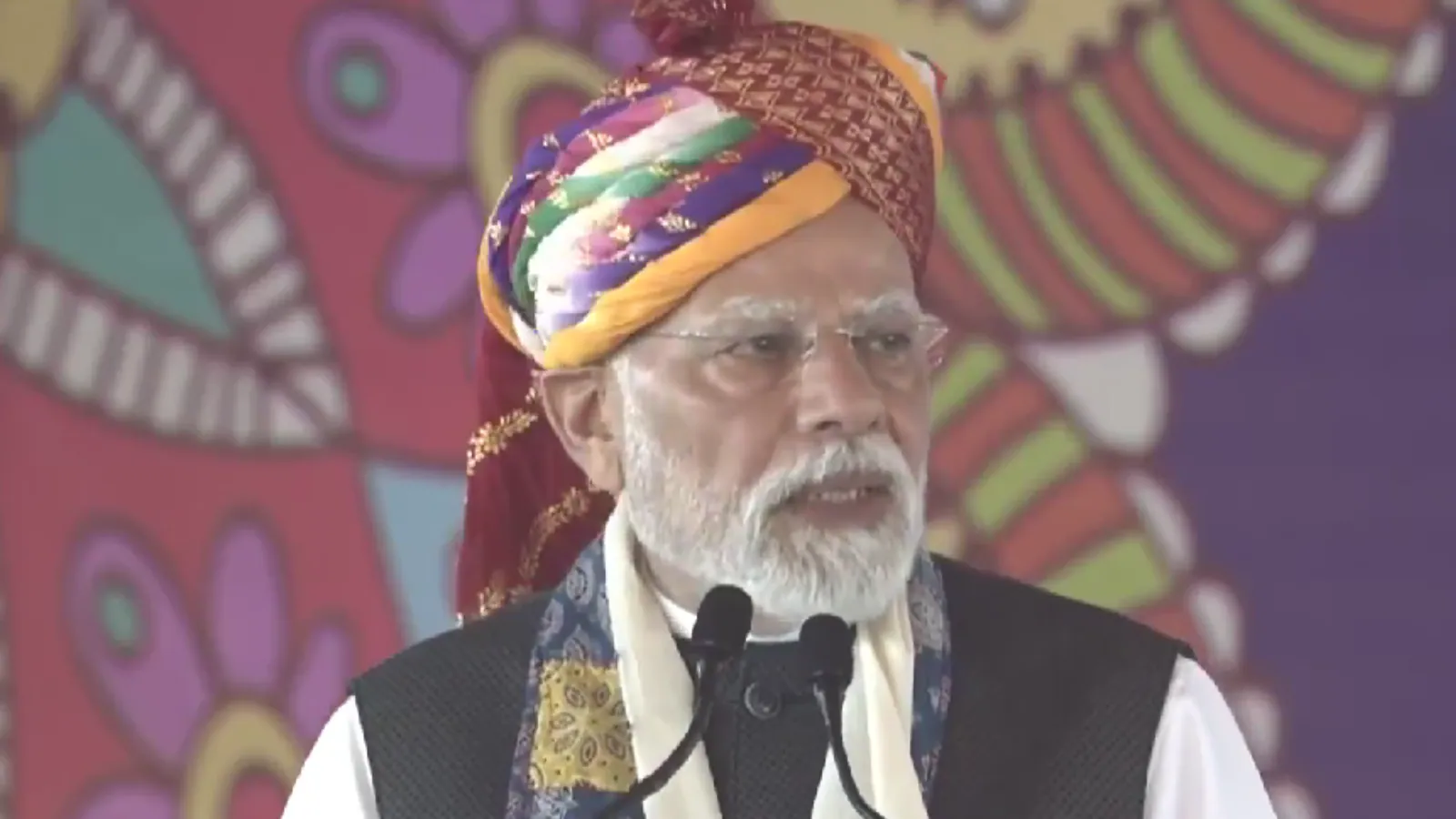By Krishnadas Rajagopal
Copyright thehindubusinessline

The Supreme Court, in a judgment on Friday, upheld a National Company Law Appellate Tribunal (NCLAT) February 2020 approval of JSW Steel’s ₹19,700 crore resolution plan for Bhushan Power and Steel (BPSL).
In May, the apex court had rejected a resolution plan submitted by JSW Steel for BPSL and ordered liquidation proceedings to be initiated. A Special Bench of the court had recalled this order in July and set about to re-hear the appeals.
The case involves challenges to the resolution plan for BPSL, with operational creditors like Kalyani Transco having a stake.
In a judgment authored by Chief Justice of India BR Gavai, the apex court held that JSW Steel in its role as Successful Resolution Applicant had managed a turnaround and converted a “substantial” loss-making entity into a profit-earning one.
“The corporate debtor [BPSL] had been running into substantial losses which has now become a profit –making entity earning substantial profits. The SRA – JSW invested huge amounts in modernisation and expansion of the entity. Not only that but thousands of employees have been earning their livelihood on account of the corporate debtor running as an on-going concern due to the Resolution Plan being implemented by the SRA – JSW,” the court held..
Castigating the former promoters for the prolonged litigation, the apex court said the very purpose of the Insolvency and Bankruptcy Code was to ensure the corporate debtors continue to operate.
“As such, the very purpose for which the IBC was enacted—namely, to ensure that the corporate debtor continues as a going concern—has not only been achieved, but the corporate debtor has been transformed from a loss-making to a profit-making entity. If, after the implementation of the Resolution Plan, the SRA – JSW has converted a loss-making entity into the one making profits, can it be penalised for that?” Chief Justice Gavai asked in the judgment.
The court queried what purpose would have been gained by allowing BPSL continue to accrue losses rather than being converted into a profit-making entity.
Entertaining claims and prolonged litigation sponsored by the former BPSL promoters even after the resolution plan was accepted by both the Committee of Creditors (CoC) and the National Company Law Tribunal would simply have the effect of opening a Pandora’s Box.
“The very purpose of the IBC providing sanctity to the finality of the resolution plan duly approved would stand vitiated,” the CJI noted.
The court however found fault with the CoC’s changing stand on the distribution of Earnings Before Interest, Taxes, Depreciation and Amortisation (EBITDA).
“No doubt that if the Resolution Plan had specifically dealt with the manner in which the EBITDA would be distributed, it would have been a different matter. Permitting the erstwhile promoters or the CoC to raise an argument in that regard at such a belated stage would amount to doing violence to the very intention with which the IBC was enacted,” the court held.
The court laid down the law that CoC would continue to exist until the resolution plan is implemented or the corporate debtor is liquidated. The former promoters had questioned the role of the CoC to approve the resolution plan.
Solicitor General Tushar Mehta, appearing for the CoC, had argued the ex-promoters had “no business” questioning the terms of the resolution plan.
JSW had argued that the case was complicated, and must not be rushed into liquidation. Senior advocate Neeraj Kishan Kaul, for JSW, had informed the court that BPSL had an annual turnover of ₹28,000 crore in one year. Its production had increased from 2.5 metric tonnes to 4.5 metric tonnes. The concern employed 25000 people.
On May 2, the Supreme Court had found JSW’s Resolution Plan for BPSL in “flagrant violation and contravention” of the law.
“The Resolution Professional had utterly failed to discharge his statutory duties contemplated under the IBC and the Corporate Insolvency Resolution Process (CIRP) Regulations during the course of entire CIR proceedings of the corporate debtor, BPSL,” the Supreme Court had concluded in May.
The court had invoked its inherent powers under Article 142 of the Constitution to direct the NCLT to initiate liquidation proceedings against the BPSL under the IBC.
Published on September 26, 2025



